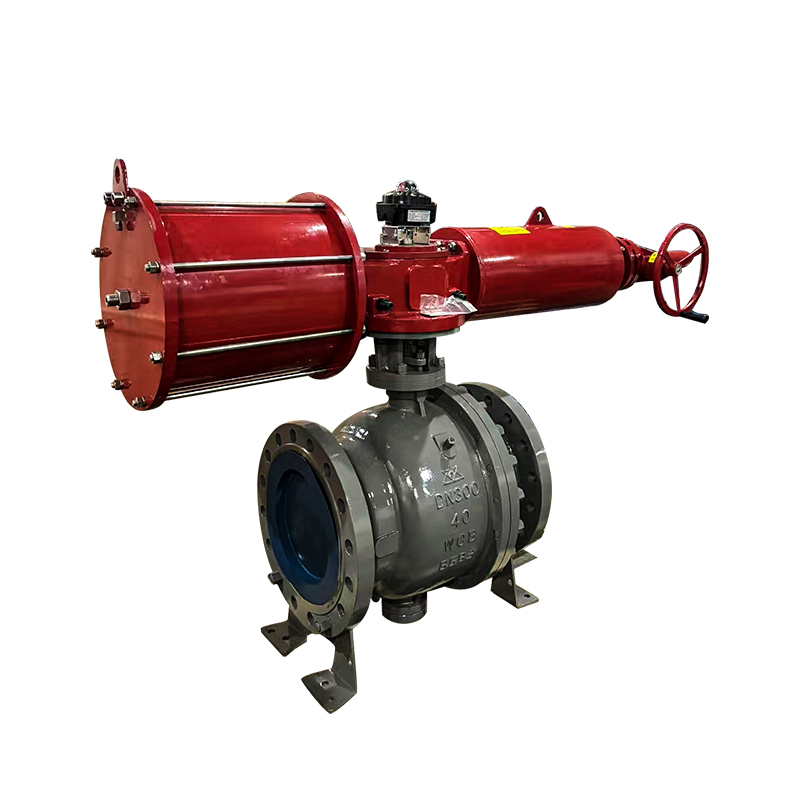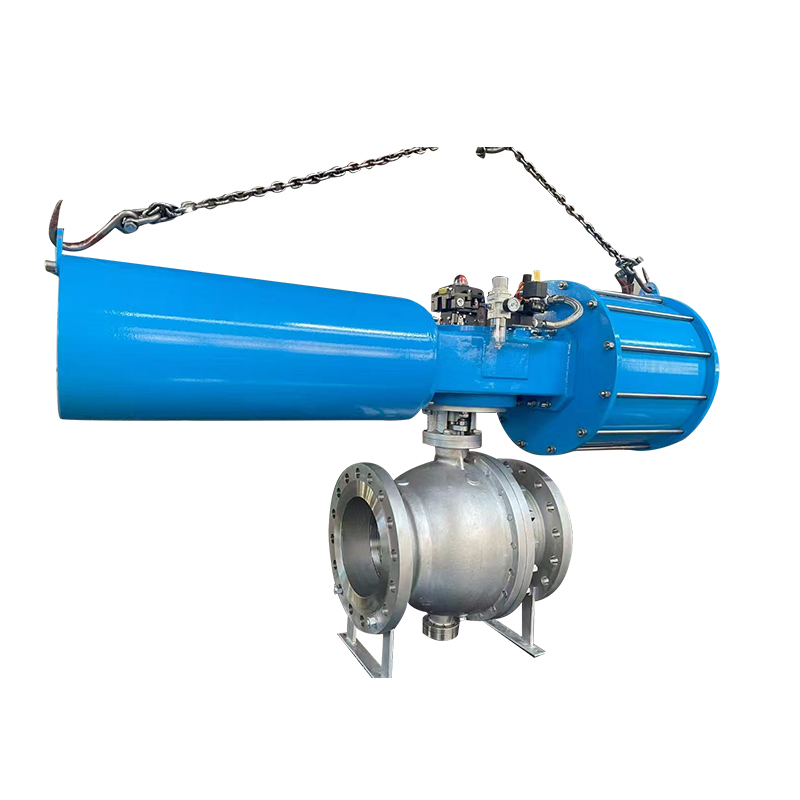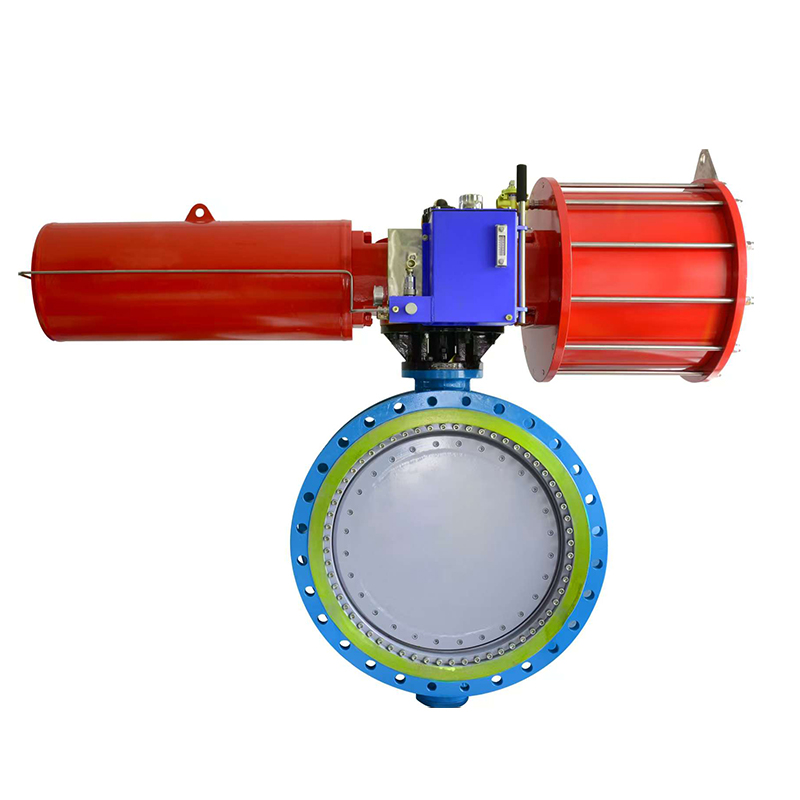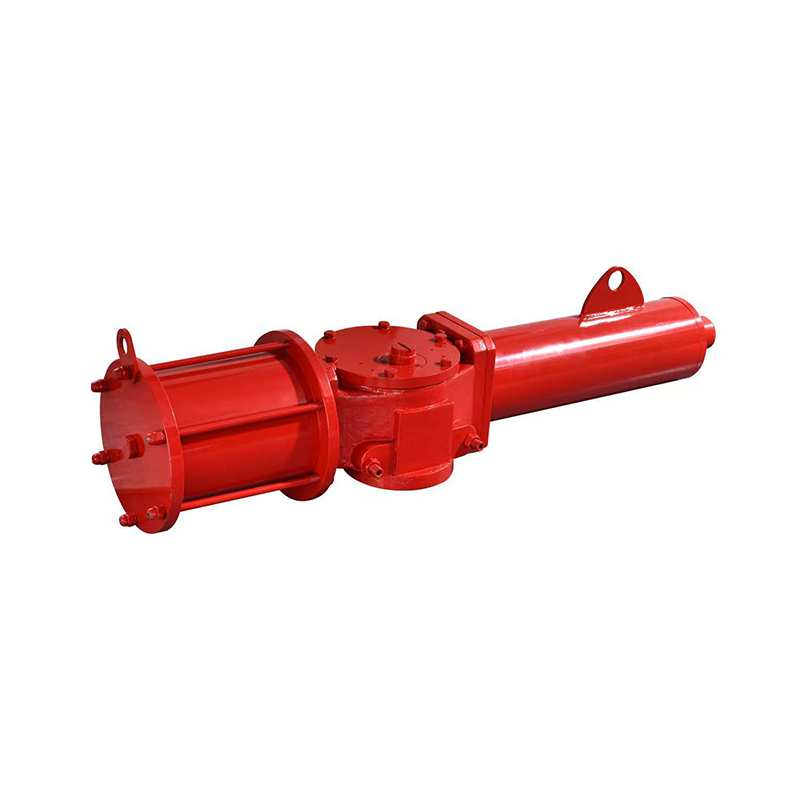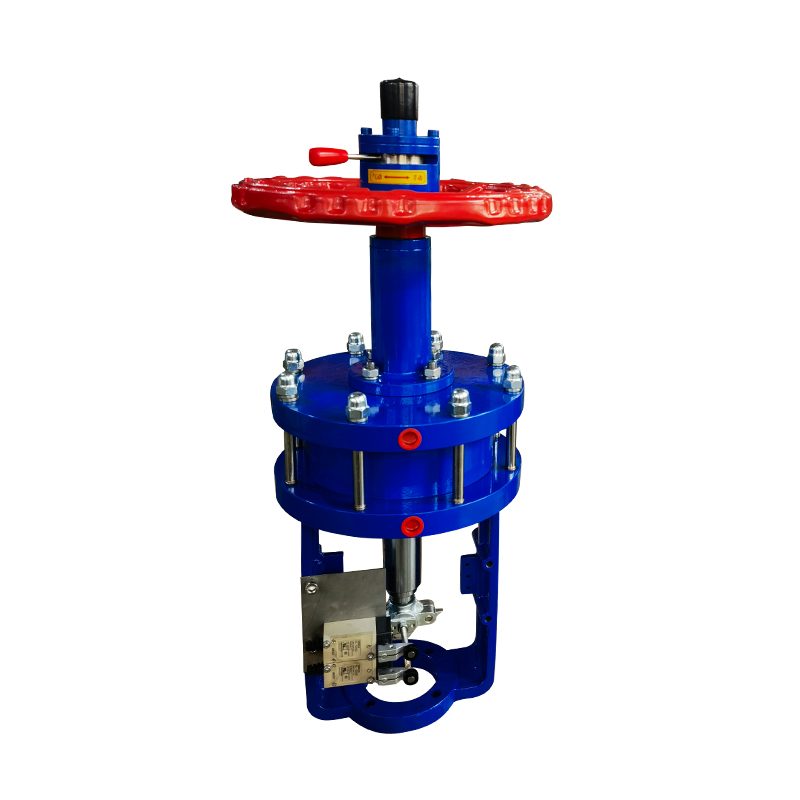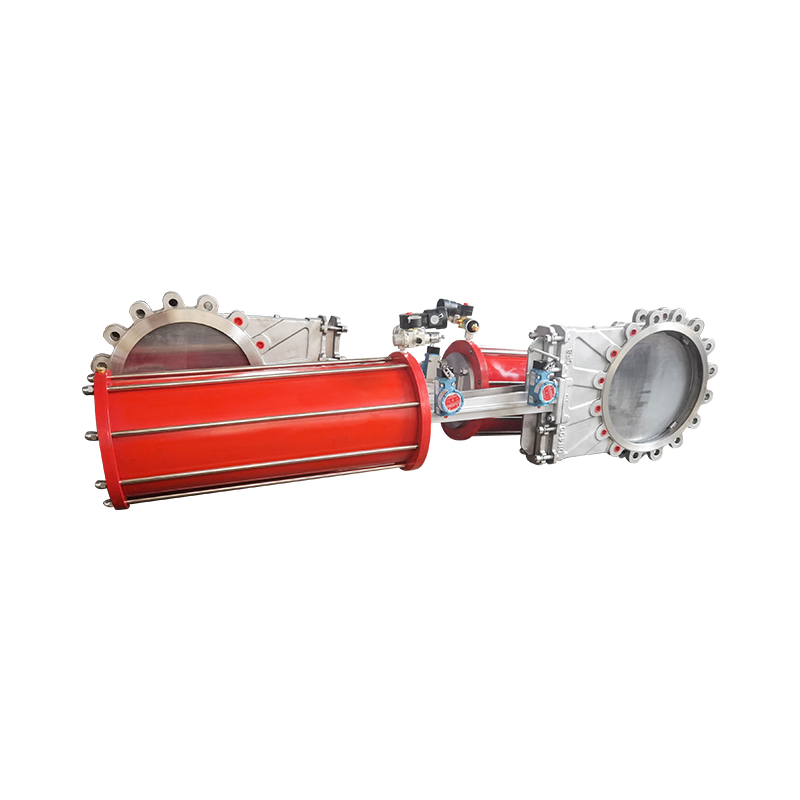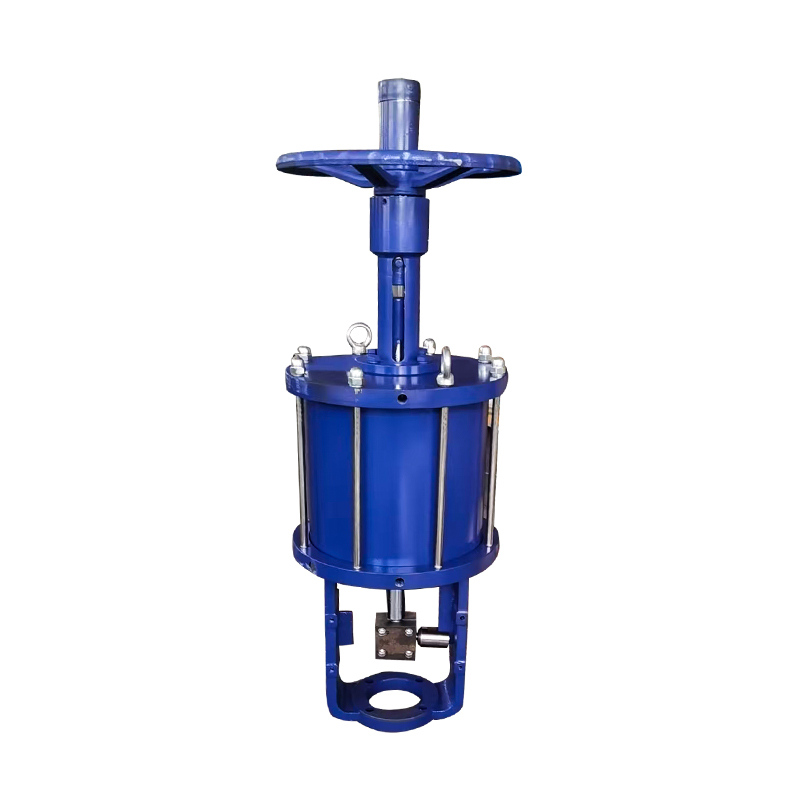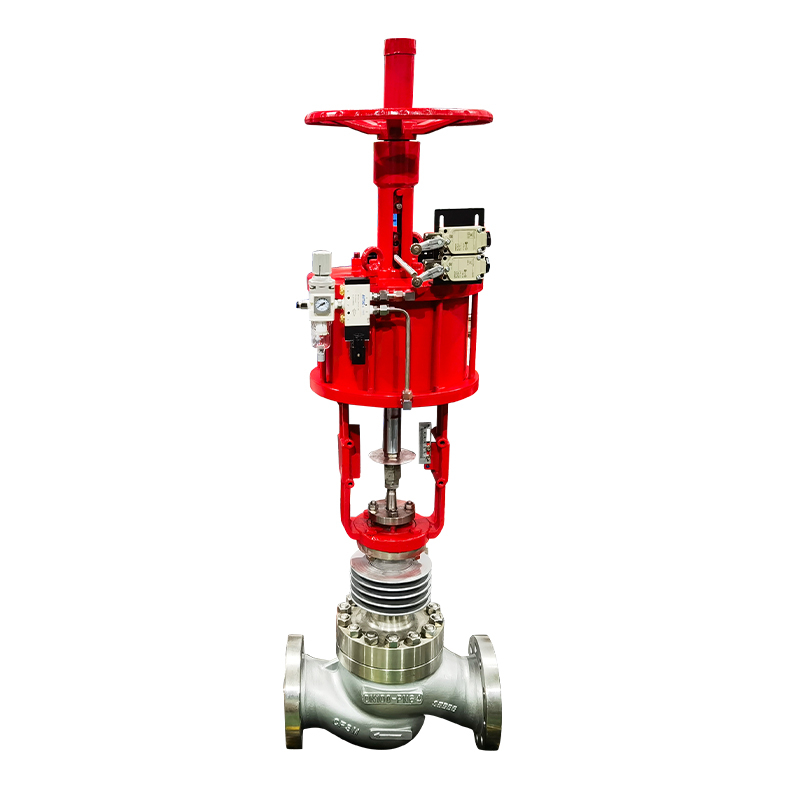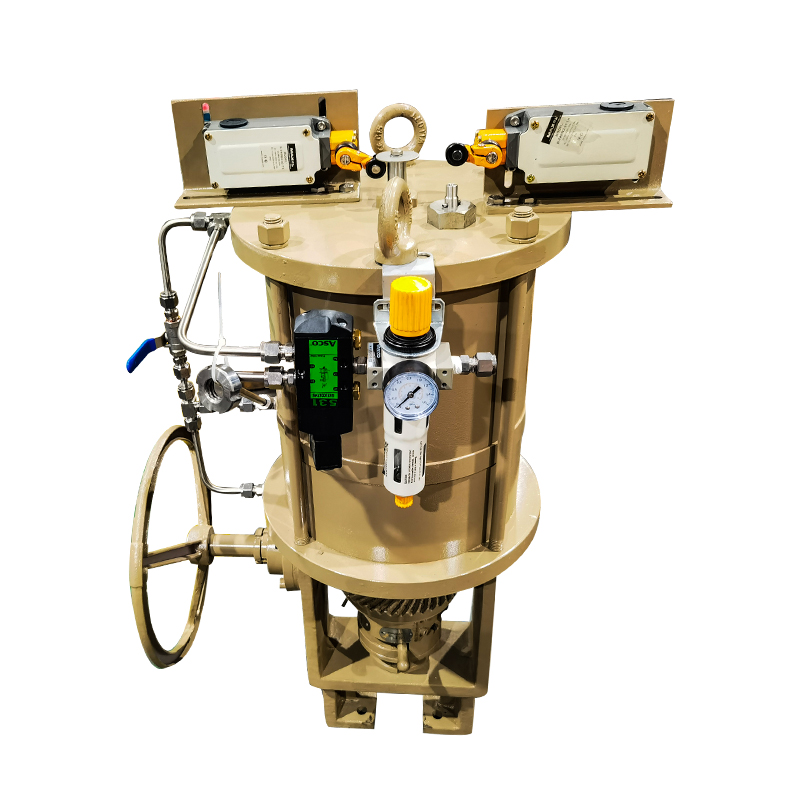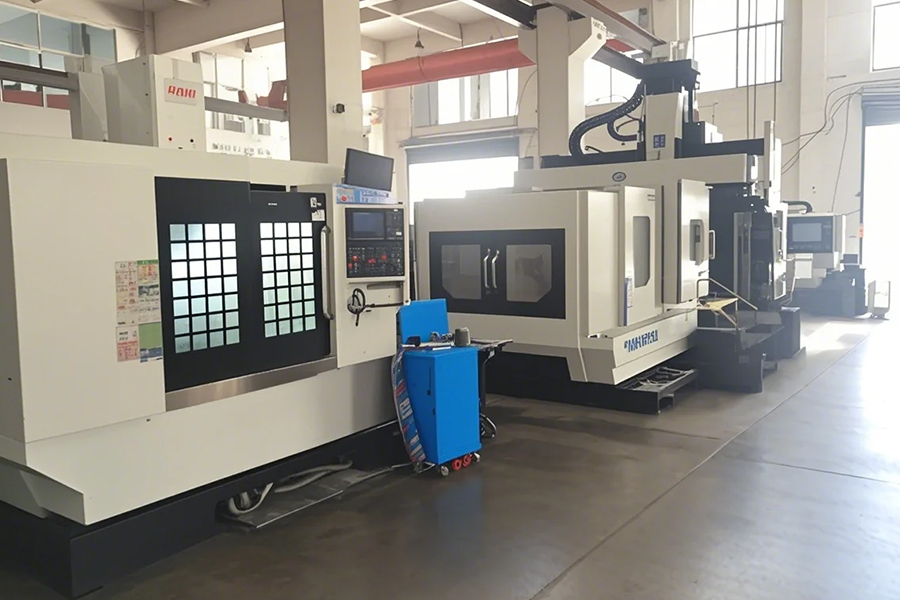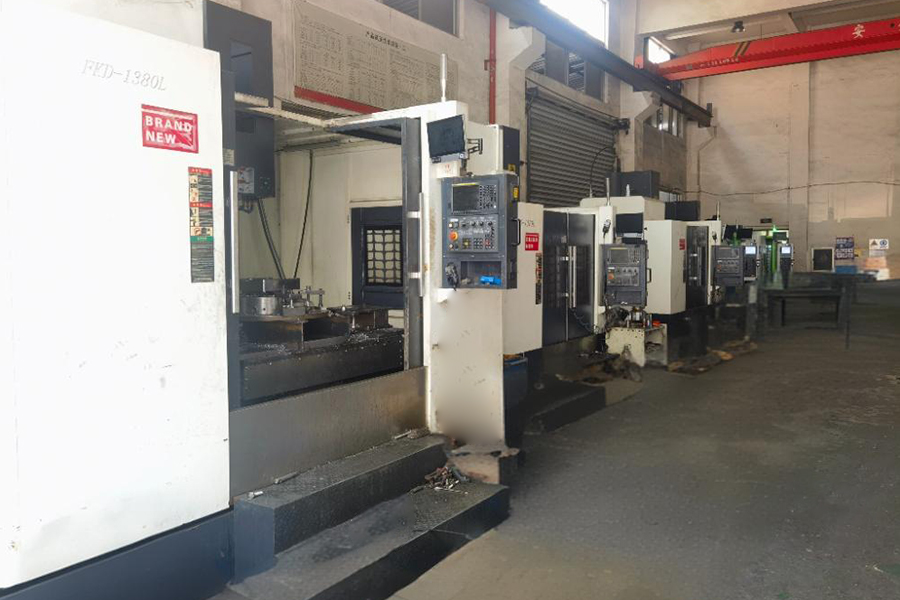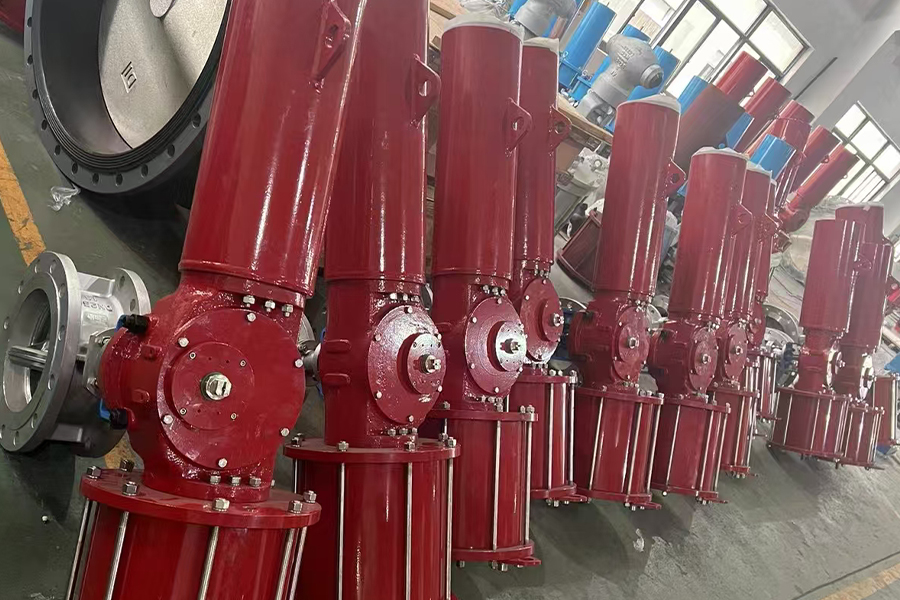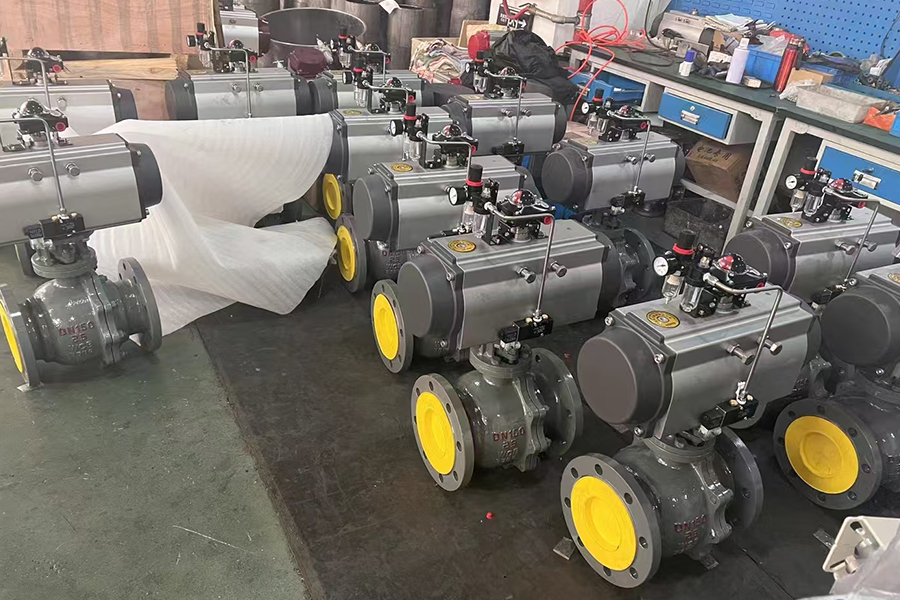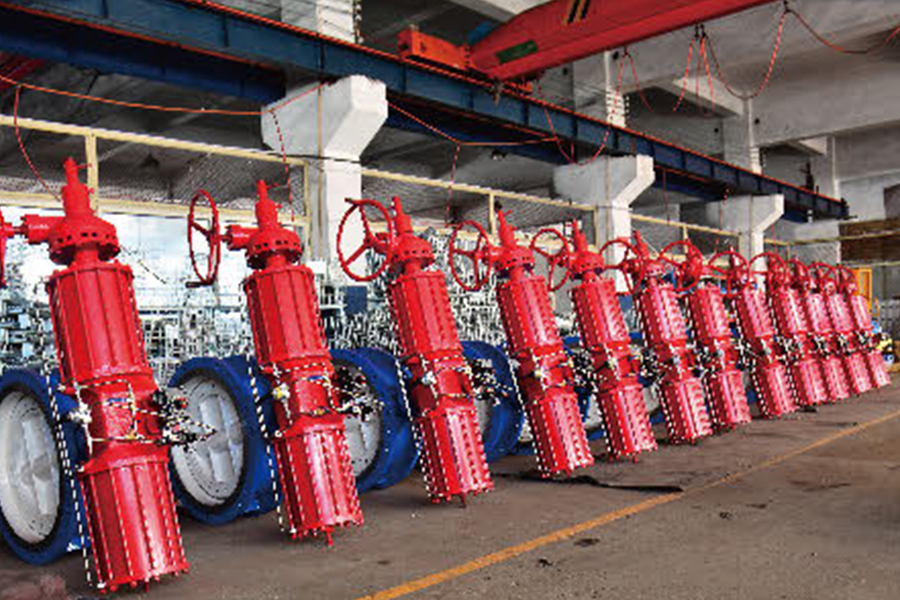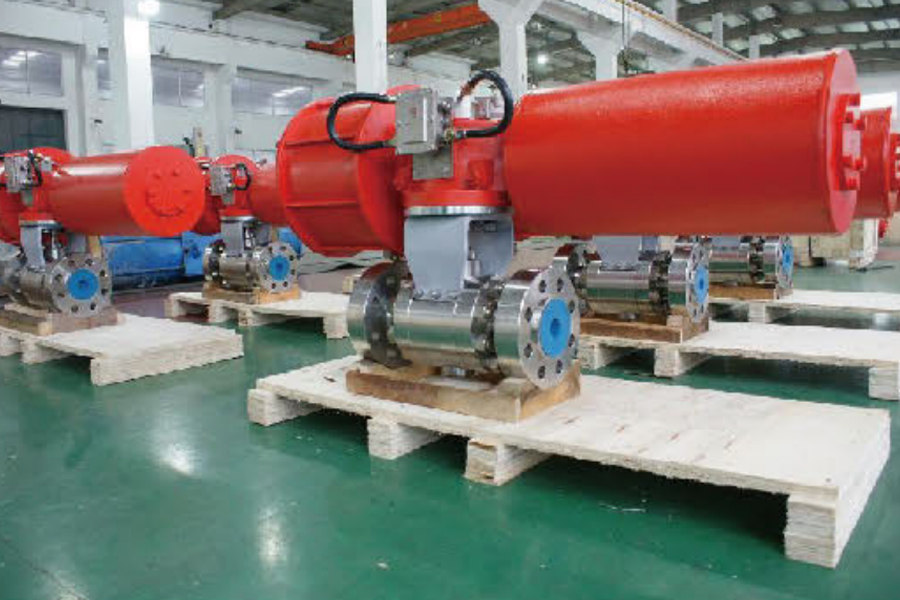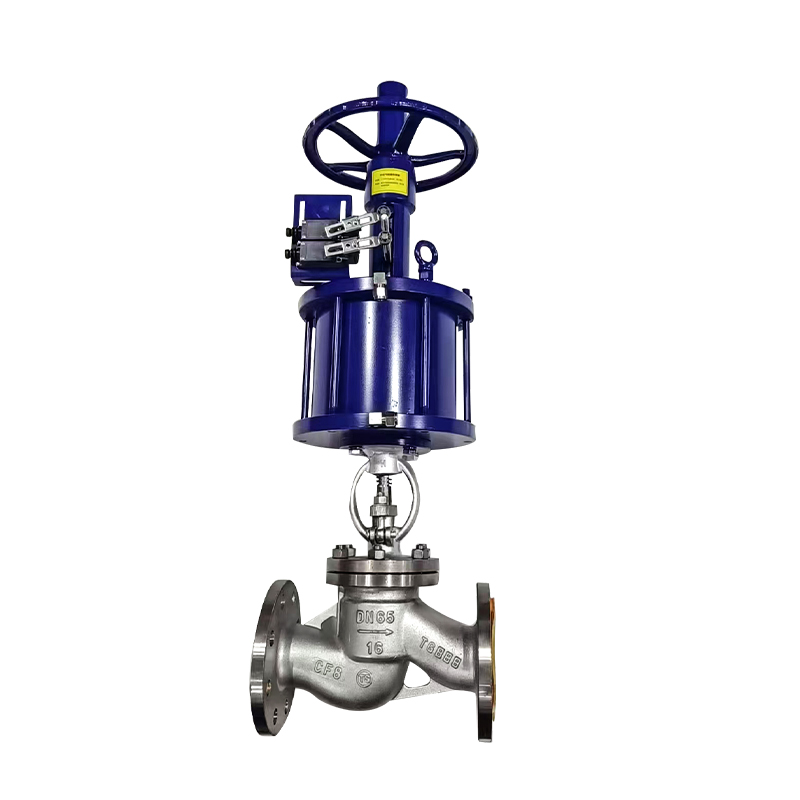
Pneumatic stop valves are widely used in industrial systems to control the flow of air, gas, or other fluids. Their ability to start, stop, or regulate flow quickly makes them essential in automated processes. However, safety concerns arise when these valves are used in high-pressure environments. Understanding how Pneumatic Stop Valves perform under pressure and what design features ensure safety is crucial for engineers and operators.
Design Considerations for High-Pressure Applications
Not all pneumatic valves are designed to handle high pressure, so selecting the right type is important. A well-engineered Pneumatic Stop Valve incorporates strong materials, such as stainless steel or reinforced aluminum, to withstand the forces generated by pressurized fluids.
The valve body, seals, and internal components must be designed to prevent leaks, deformation, or failure. Pressure ratings provided by the manufacturer indicate the operating limits. Choosing a valve rated for the expected pressure ensures that it operates safely without risk of damage.
Sealing and Leakage Prevention
Sealing is a critical factor in the safe operation of Pneumatic Stop Valves under high pressure. High-pressure systems can force air or fluid past weak seals, causeing to leaks, loss of efficiency, or even hazards in certain industrial environments.
Manufacturers often use reinforced elastomers, PTFE, or metal-to-metal sealing mechanisms to enhance reliability. These materials maintain integrity under fluctuating pressures andtemperatures. Proper installation and maintenance of seals also play a role in ensuring that the valve can handle high-pressure conditions safely.
Actuation and Control Mechanisms
Pneumatic stop valves rely on actuator systems to open and close the valve efficiently. In high-pressure applications, the actuator must provide sufficient force to overcome system pressure. A valve with an undersized actuator may fail to operate correctly, causeing to partial closure or slippage.
A well-designed Pneumatic Stop Valve includes actuators specifically rated for high-pressure environments. Control systems, including feedback sensors or pneumatic boosters, can further enhance reliability by ensuring consistent operation. These mechanisms reduce the risk of sudden pressure spikes or valve malfunction.
Testing and Certification
Safety under high pressure is verified through testing and certification. Reputable Pneumatic Stop Valve manufacturers perform hydrostatic tests, pressure cycle tests, and endurance trials to ensure the valve maintains performance without leaks or mechanical failure.
Certifications from recognized organizations indicate compliance with industry standards and provide confidence that the valve can safely operate within its specified pressure range. Regular inspection and testing in the field also help maintain safety and prevent unexpected failures.
Maintenance and Operational Guidelines
Even valves designed for high pressure require proper maintenance. Accumulated debris, worn seals, or corrosion can reduce performance and increase the risk of leaks. Following the manufacturer's maintenance schedule, including cleaning, lubrication, and seal replacement, is essential for safe operation.
Operators should also be trained to understand the pressure limits and proper handling procedures. A well-maintained Pneumatic Stop Valve is more likely to perform reliably under challenging conditions, providing both efficiency and safety.
Pneumatic Stop Valves can safely handle high-pressure applications when designed, tested, and maintained correctly. Material selection, sealing, actuator design, and compliance with standards all contribute to safe operation.
By choosing valves with the appropriate pressure ratings and following maintenance and operational guidelines, industries can ensure that these valves provide reliable control without compromising safety. Proper understanding and careful management make Pneumatic Stop Valves suitable for demanding high-pressure environments.








